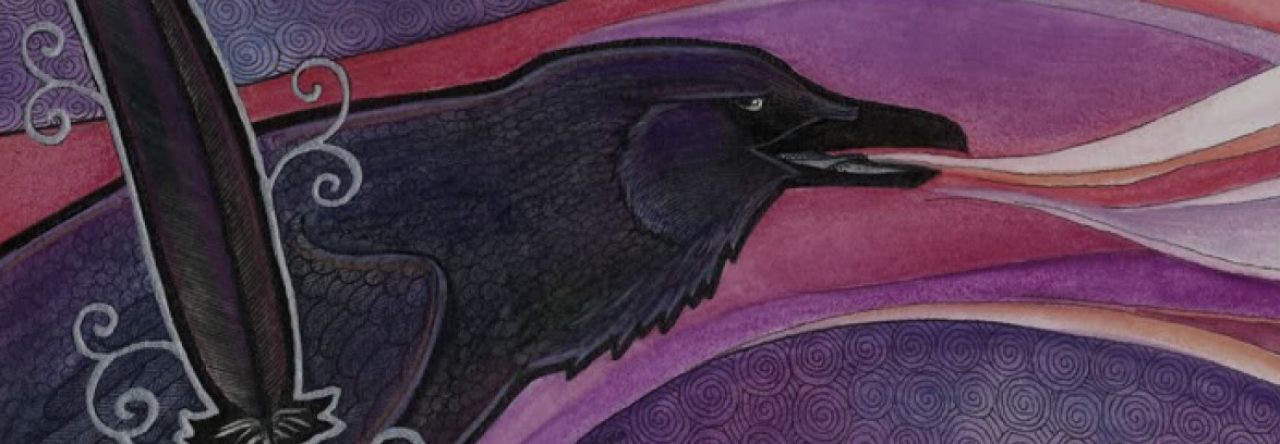(I had decided to only post my AWW reviews on Goodreads, but have decided to cross-post here as well. Adding reviews to date.)

The Swan Book is set in the future, with Aboriginals still living under the Intervention in the north, in an environment fundamentally altered by climate change. It follows the life of a mute young woman called Oblivia, the victim of gang-rape by petrol-sniffing youths, from the displaced community where she lives in a hulk, in a swamp filled with rusting boats, and thousands of black swans, to her marriage to Warren Finch, the first Aboriginal president of Australia, and her elevation to the position of First Lady, confined to a tower in a flooded and lawless southern city. The Swan Book has all the qualities which made Wright’s previous novel, Carpentaria, a prize-winning best-seller. It offers an intimate awareness of the realities facing Aboriginal people; the energy and humour in her writing finds hope in the bleakest situations; and the remarkable combination of storytelling elements, drawn from myth and legend and fairy tale, has Oblivia Ethylene in the company of amazing characters like Aunty Bella Donna of the Champions, the Harbour Master, Big Red and the Mechanic, a talking monkey called Rigoletto, three genies with doctorates, and throughout, the guiding presence of swans.
Every once in a while you pick up a book that you immediately want to buy copies of for half (or all) of your friends. This is one of those books.
“The Swan Book” is set in a future Australia, where much of the world has been devastated by global warming and subsequent climate change. Whole nations have been swallowed by the sea, and entire peoples made refugees. Australian Aboriginals are living underneath the Intervention, essentially locked into camps in the north of the country.
Obilivia Ethyl(ene) lives in one of these camps, a collection of people eking out a life around a polluted lake. Gang-raped by petrol-sniffing youths, she reduces her life to myth. She walks through a strange life surrounded by swans, brolgas and owls, where people are not always people, and her path can just as easily be a poem or a song.
This book may not be for everyone: the prose is often poetic, slipping into colloquialisms and stream-of-consciousness and back again, often within the span of one sentence. If you want your story told in a straightforward manner, then you should look elsewhere. But if you are willing to enter a world where myth walks beside reality, and there can be beauty even in the most horrible of things, then “The Swan Book” is for you.
Absolutely incredible, and I am not surprised at all that this has been shortlisted for the Stella Prize.

Leave a Reply